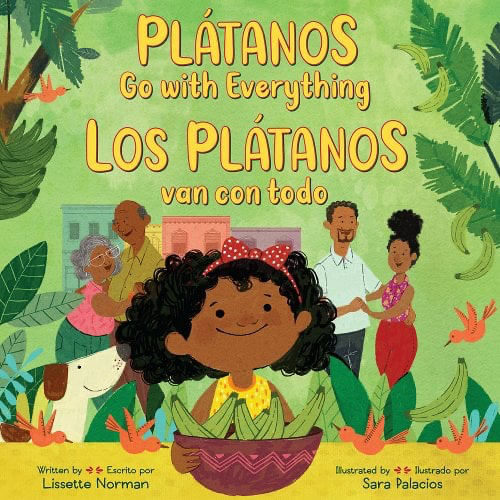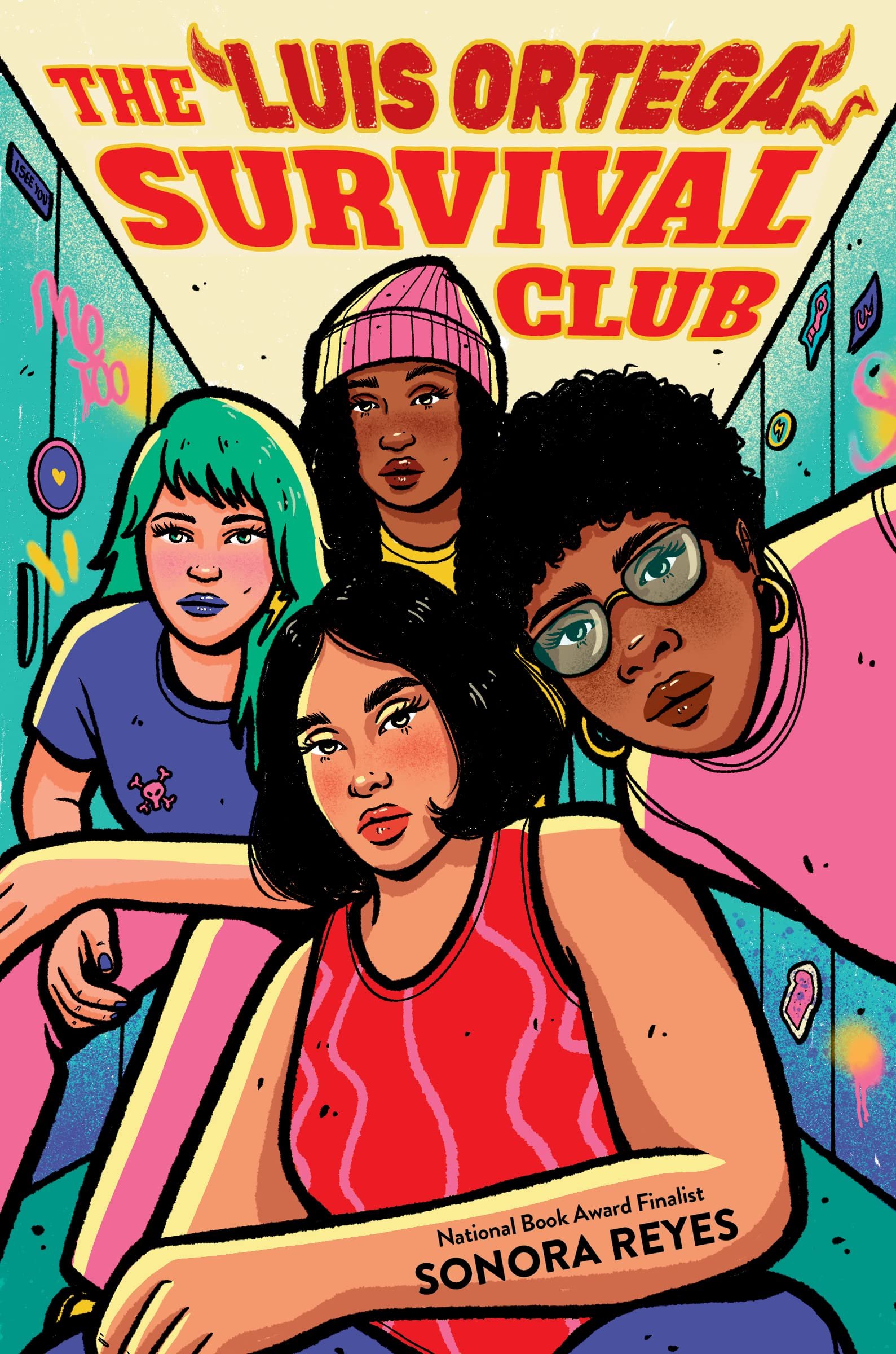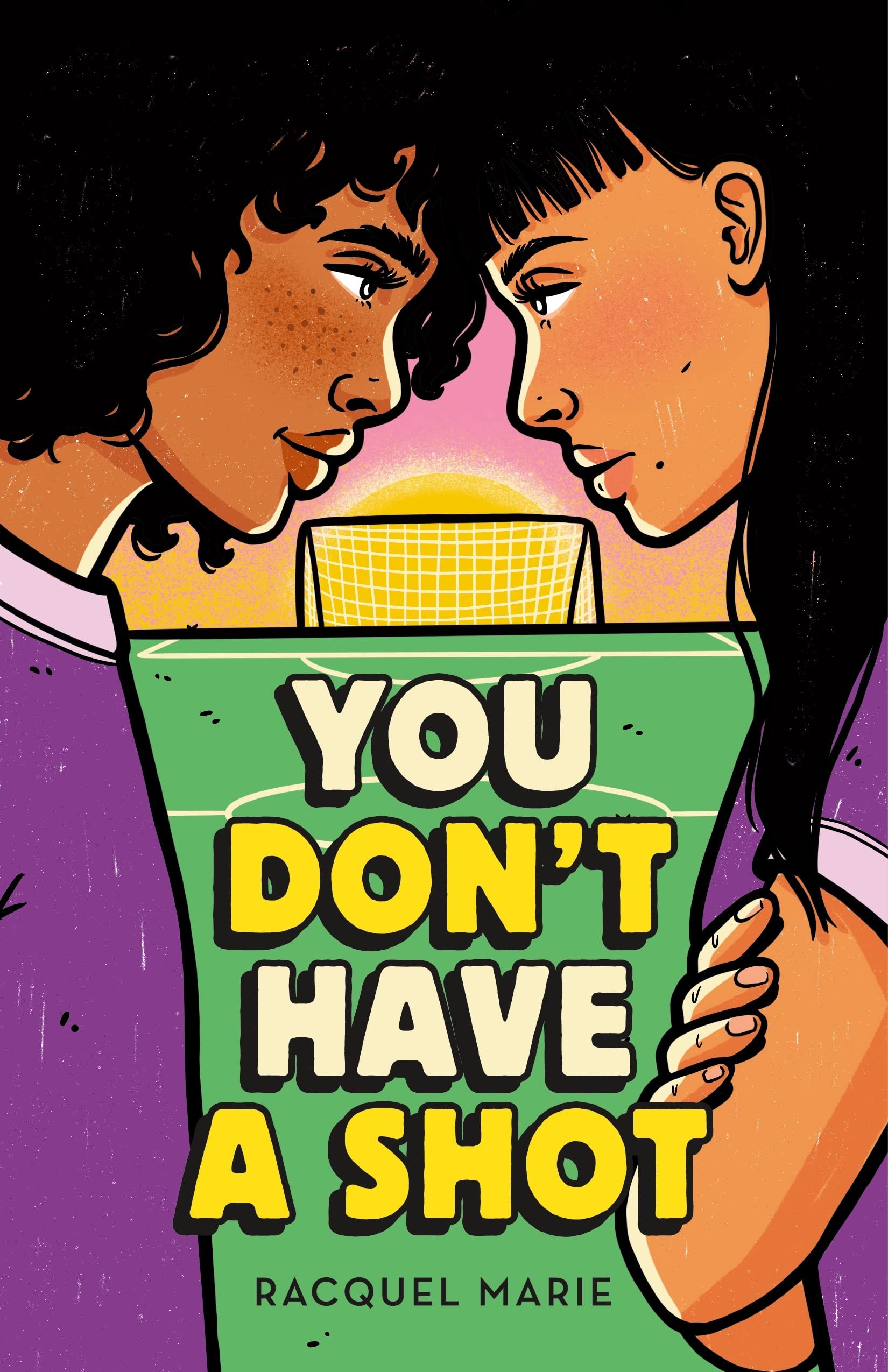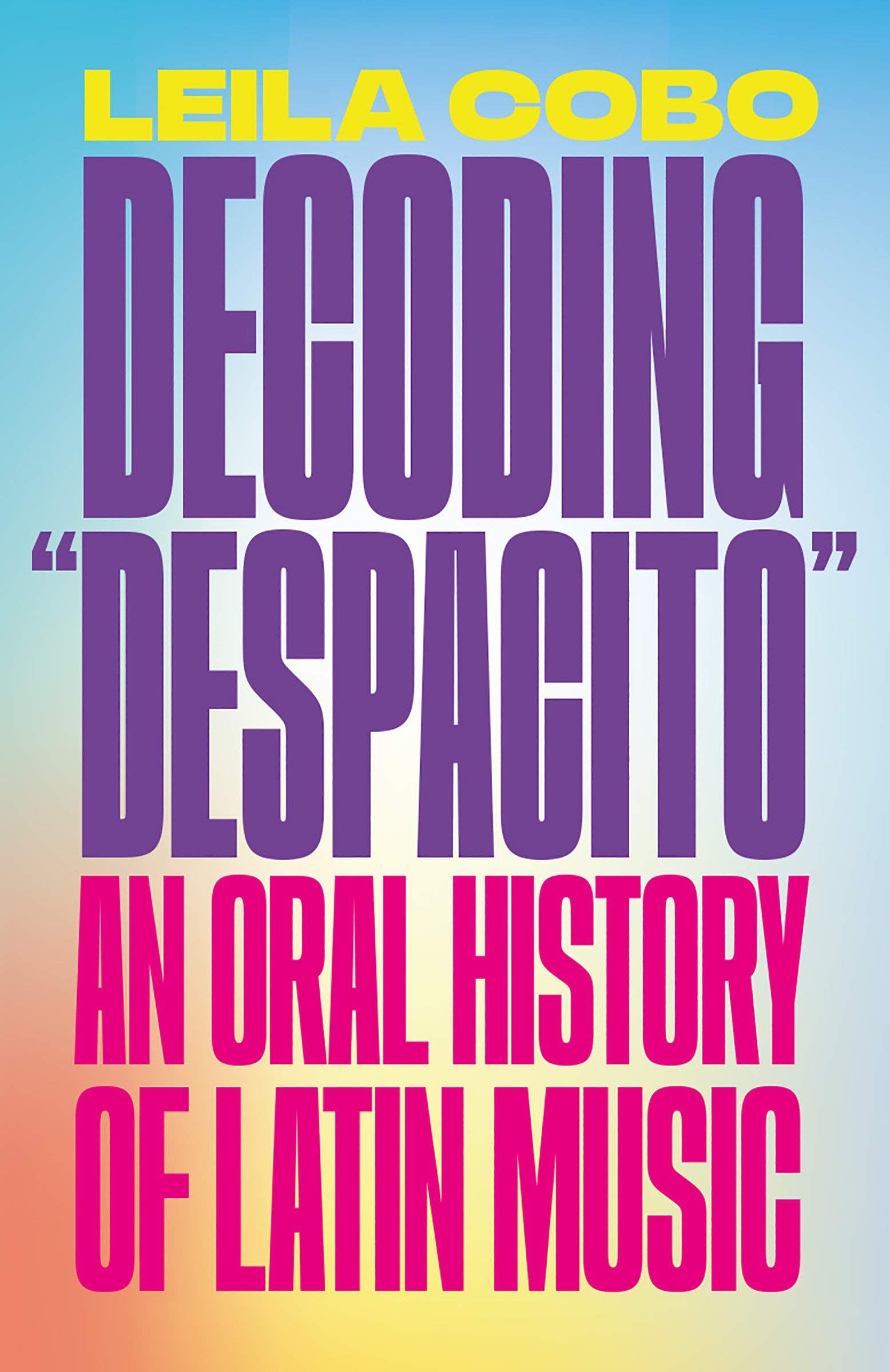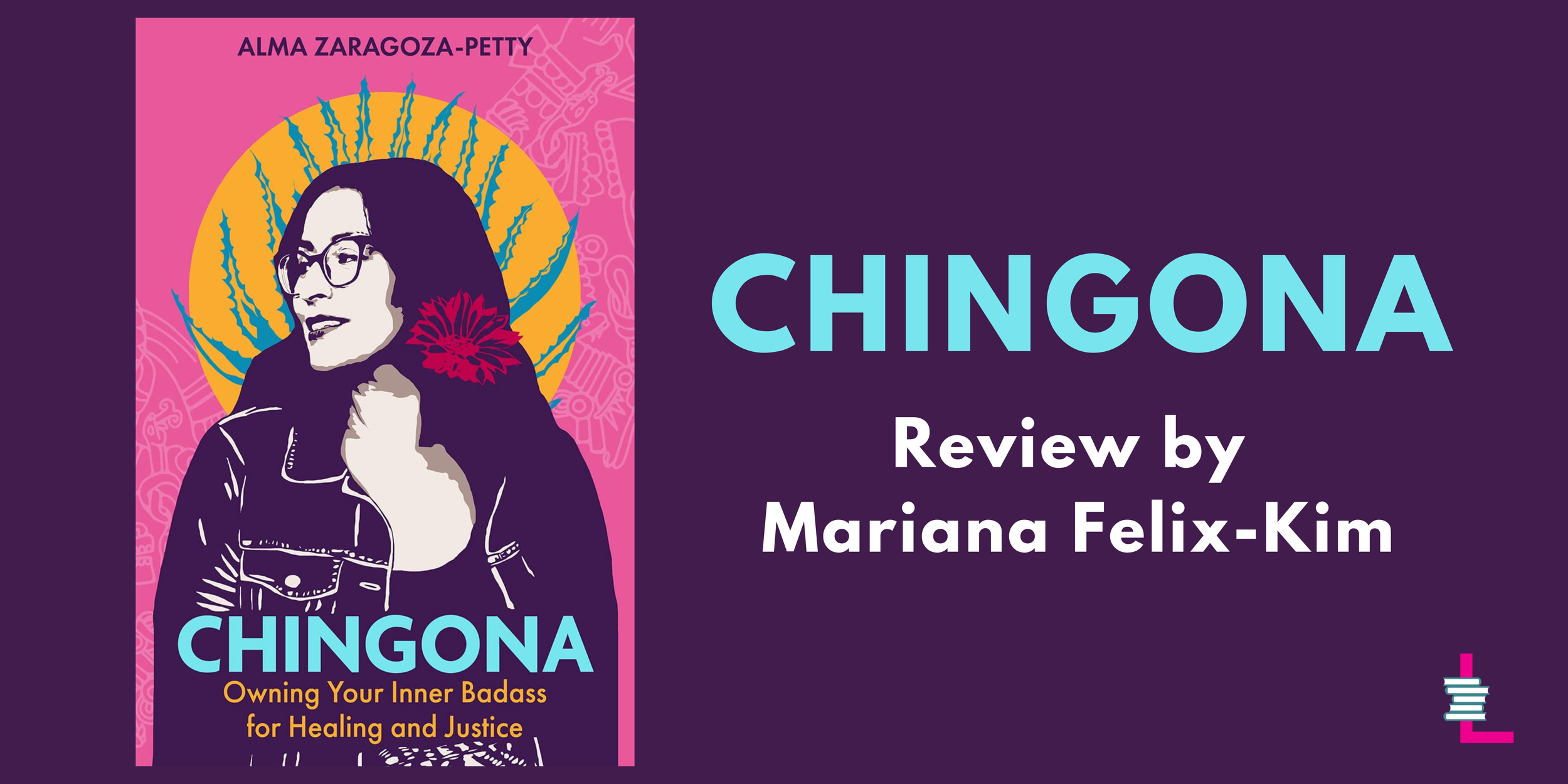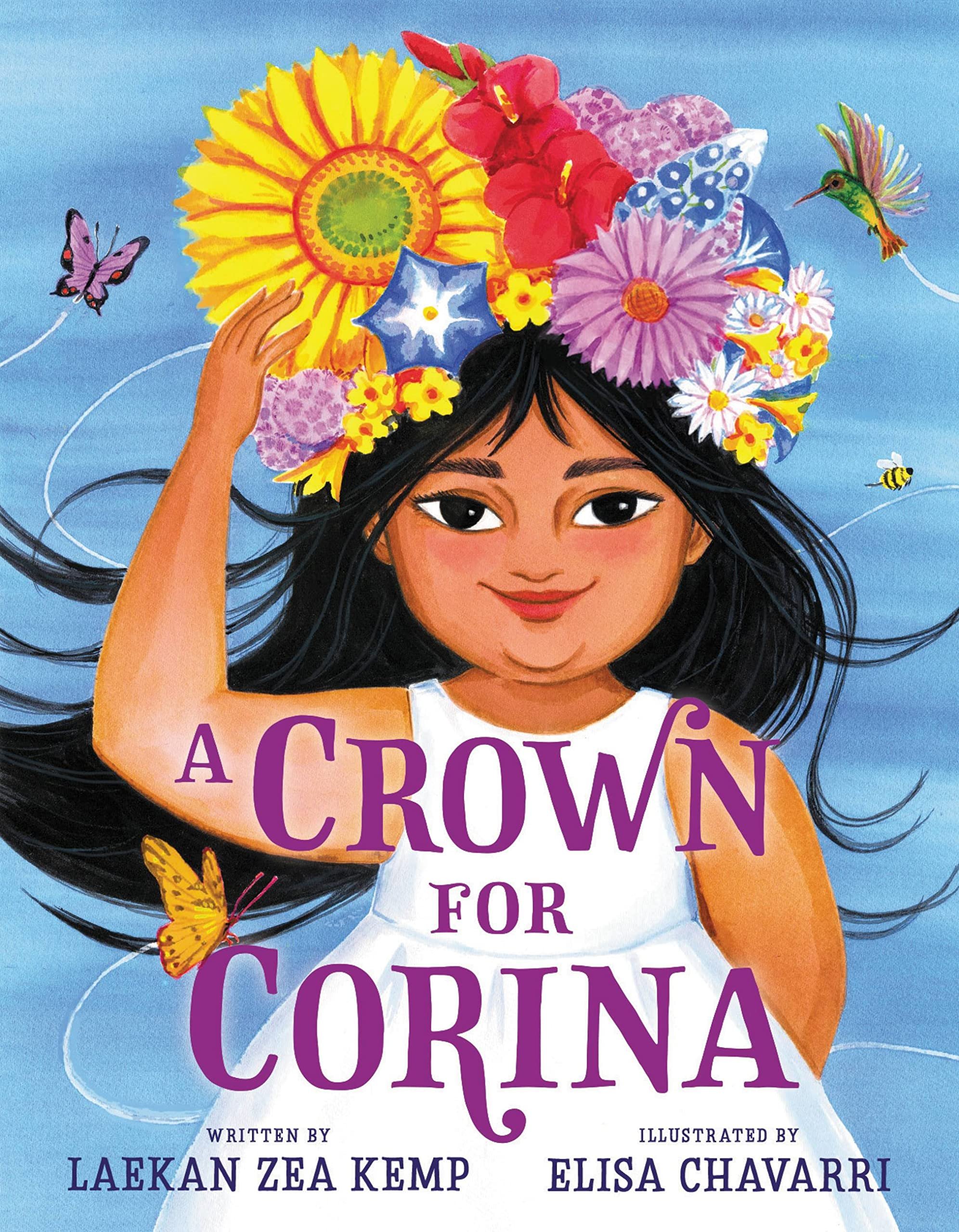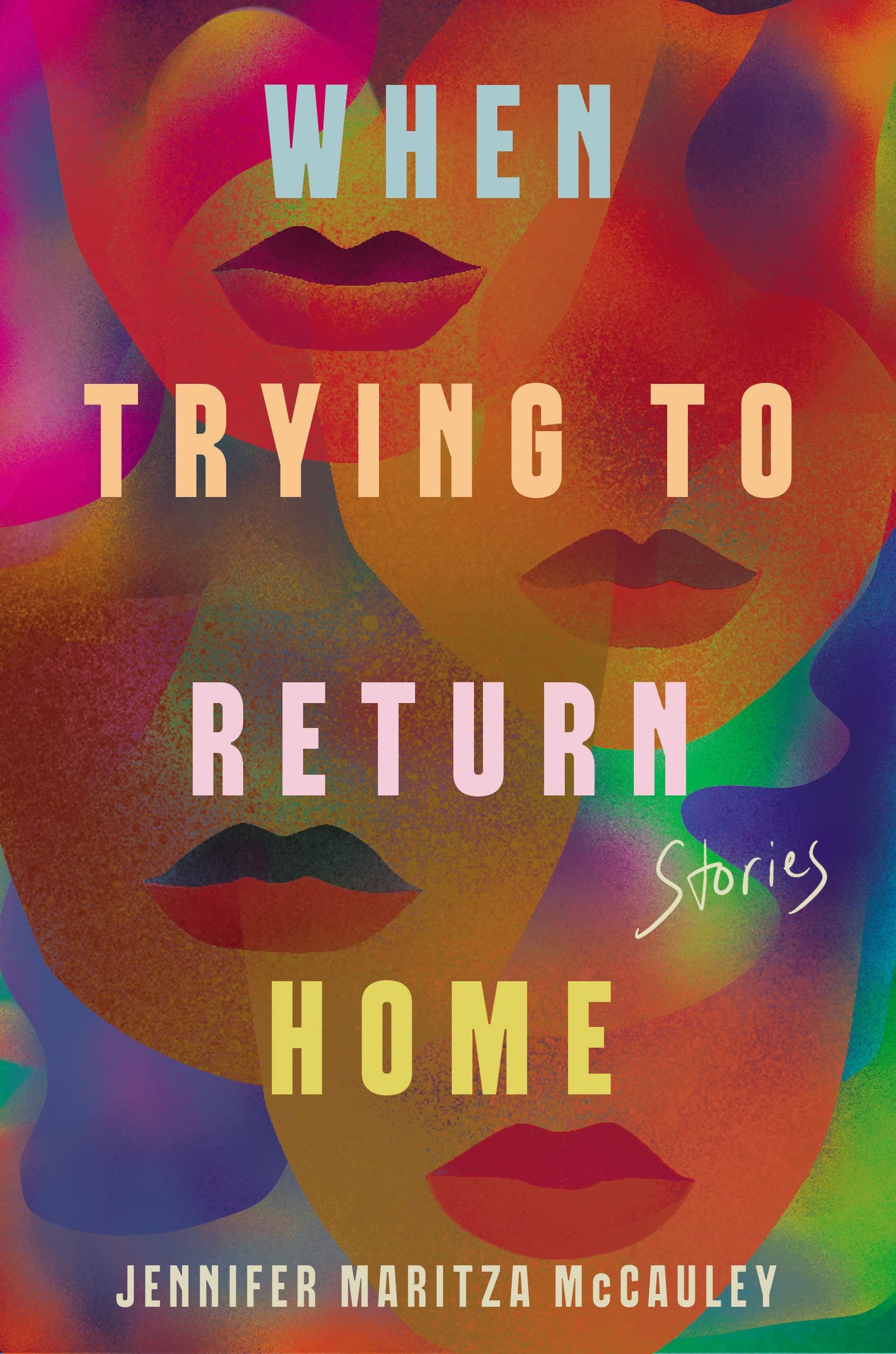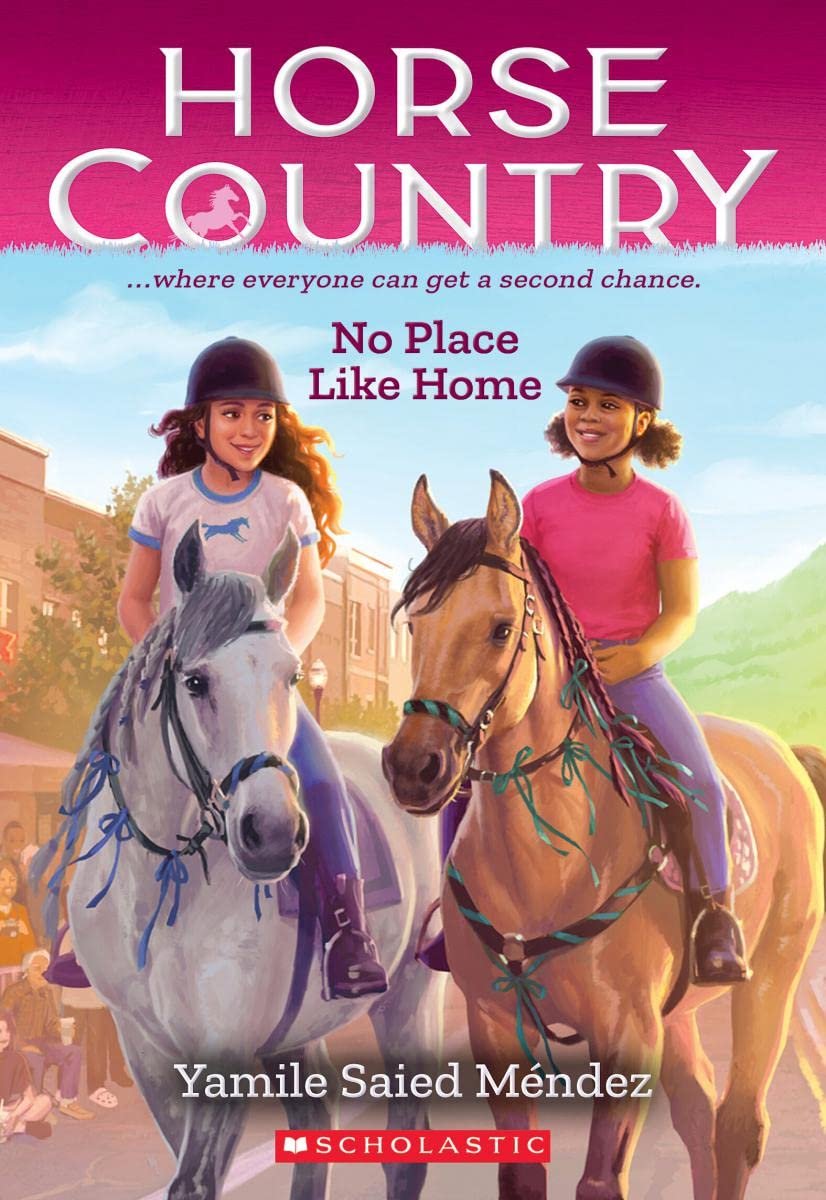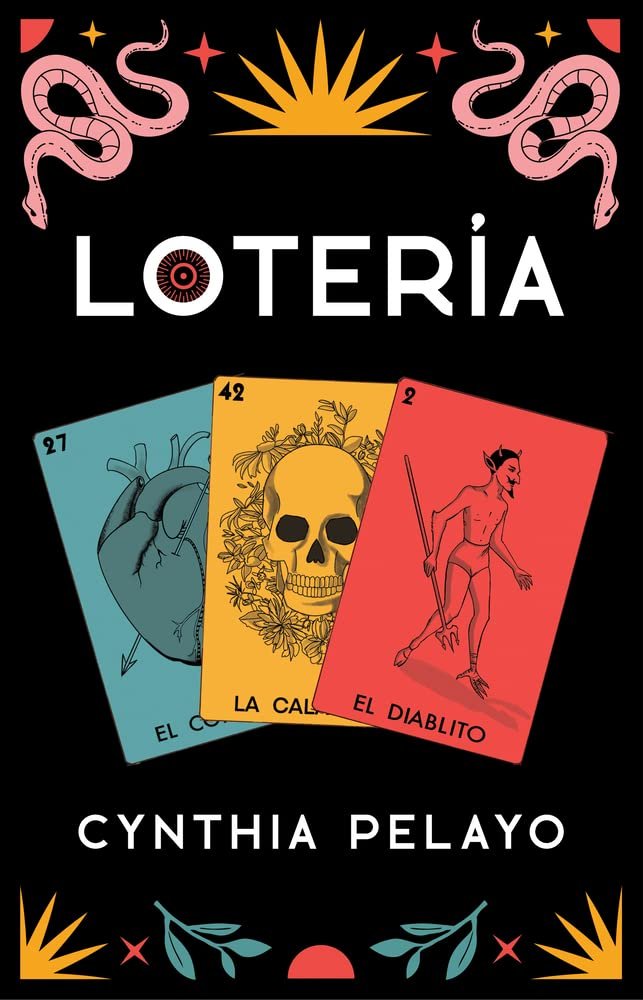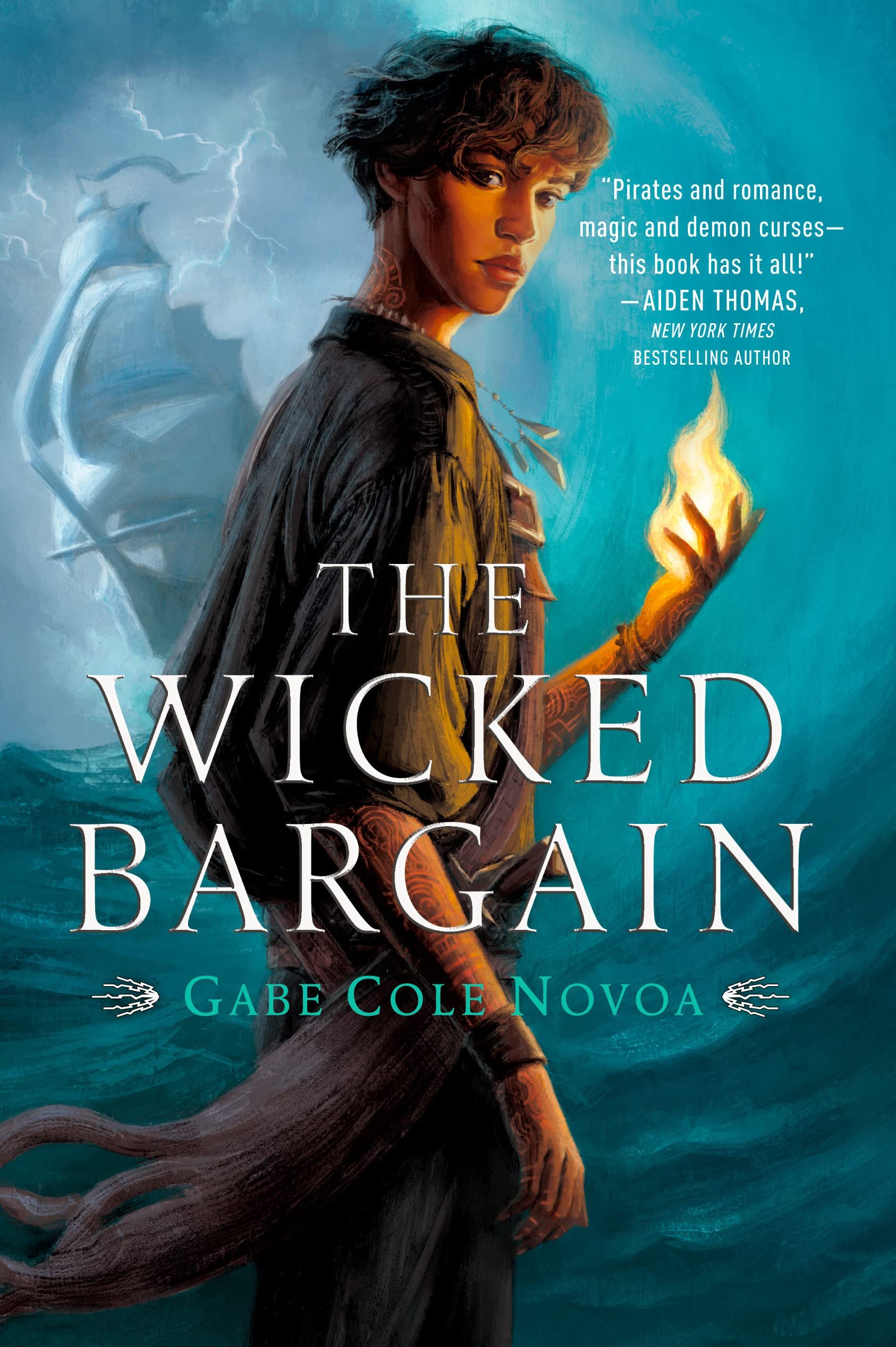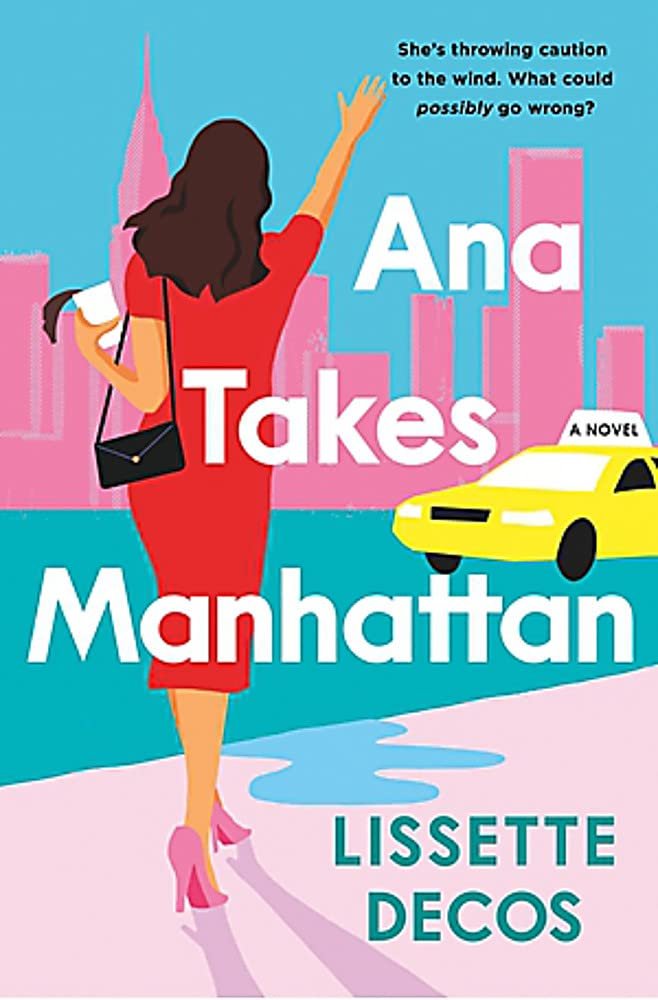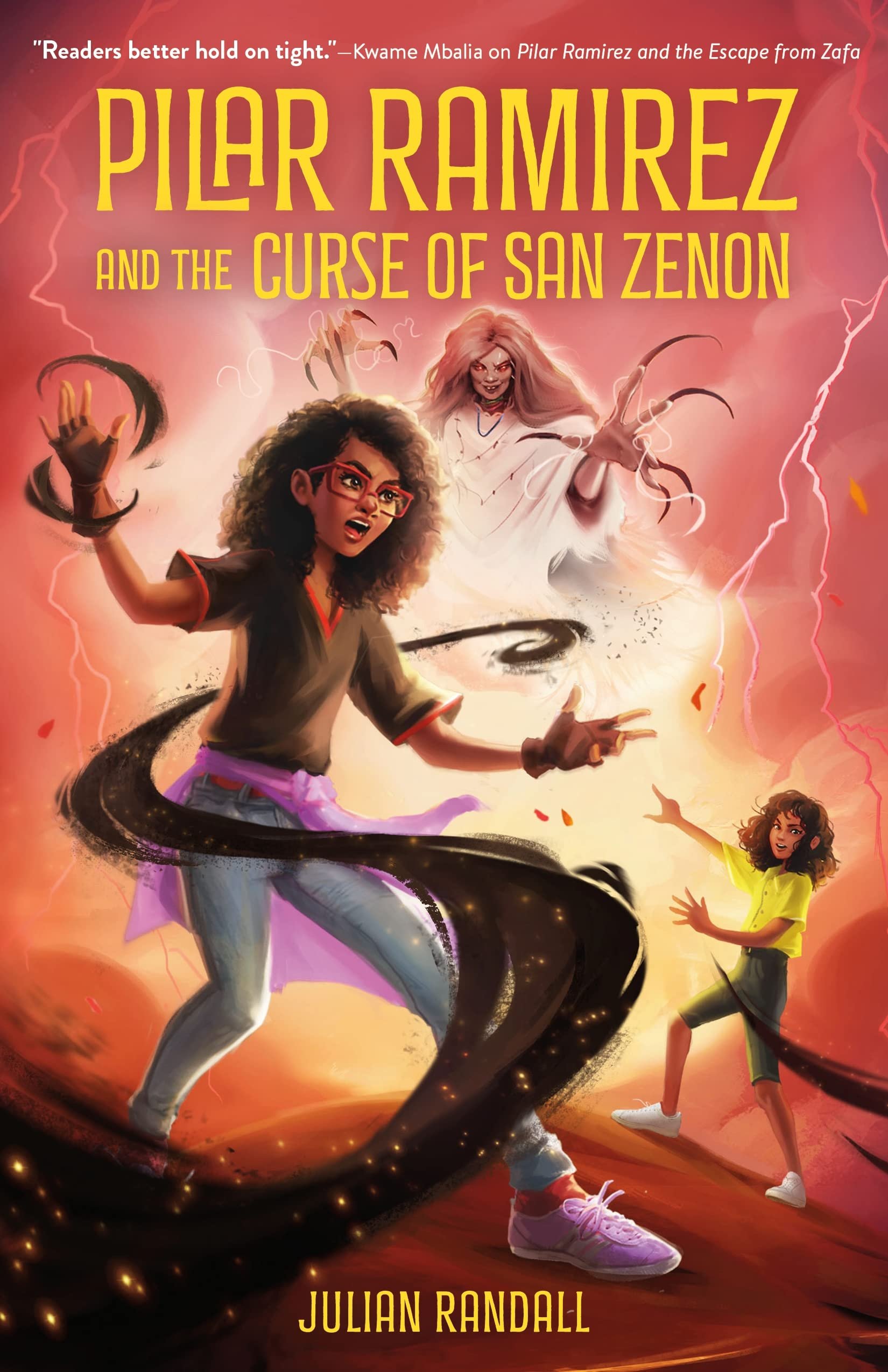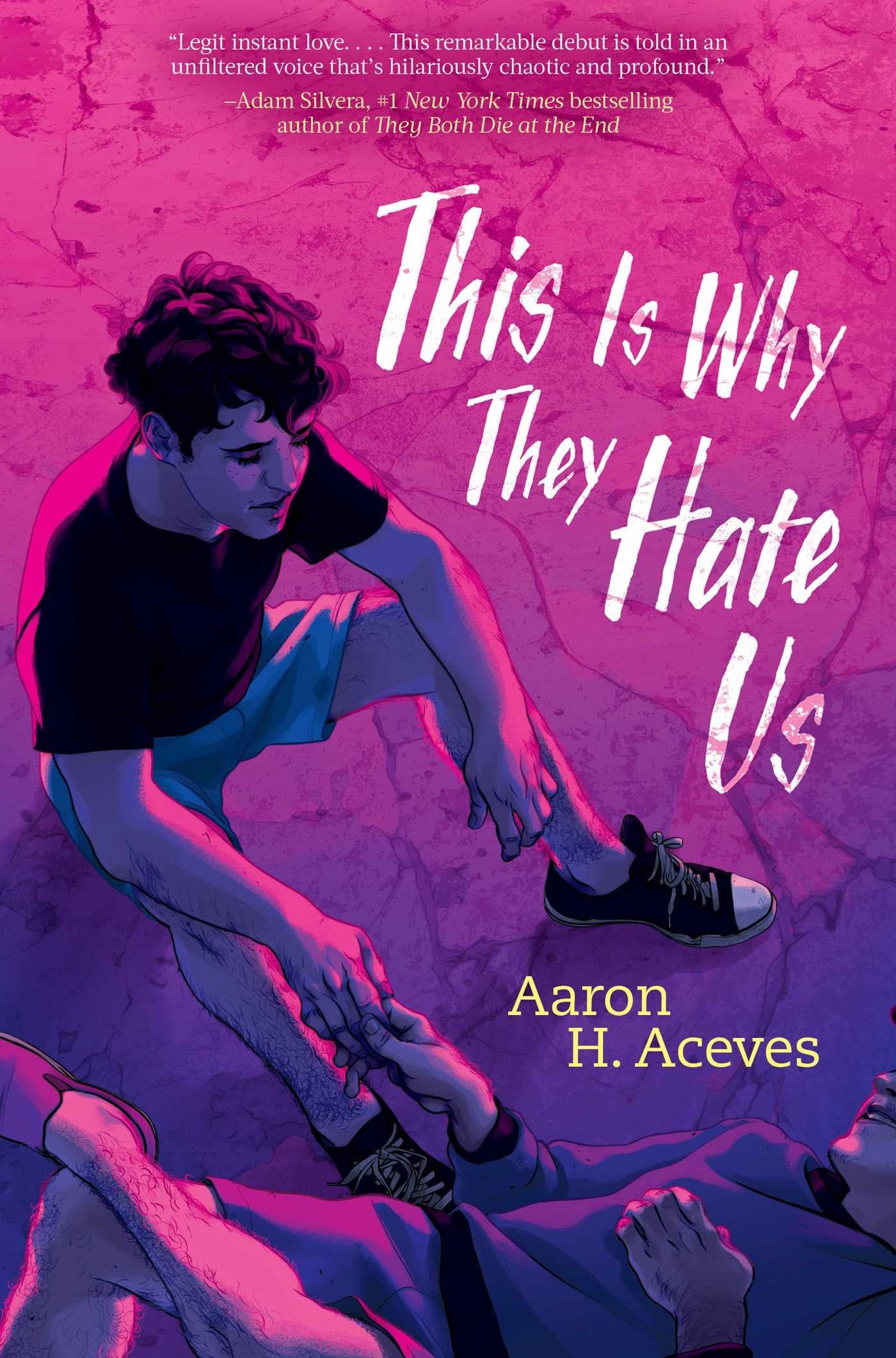Ten Books by Afro-Latinx Authors to Read for Black History Month
Happy Black History Month! We put together a list of 10 books written by Afro-Latinx authors to read this month and beyond. These range from short stories, to fiction, poetry, and more! We hope you enjoy these reads and let us know what you think!
Wild Tongues Can’t Be Tamed Edited by Saraciea J. Fennell
In Wild Tongues Can't Be Tamed, bestselling and award-winning authors as well as up-and-coming voices interrogate the different myths and stereotypes about the Latinx diaspora. These fifteen original pieces delve into everything from ghost stories and superheroes, to memories in the kitchen and travels around the world, to addiction and grief, to identity and anti-Blackness, to finding love and speaking your truth. Full of both sorrow and joy, Wild Tongues Can't Be Tamed is an essential celebration of this rich and diverse community.
Family Lore by Elizabeth Acevedo
Flor has a gift: she can predict, to the day, when someone will die. So when she decides she wants a living wake--a party to bring her family and community together to celebrate the long life she's led--her sisters are surprised. Has Flor foreseen her own death, or someone else's? Does she have other motives? She refuses to tell her sisters, Matilde, Pastora, and Camila.
But Flor isn't the only person with secrets: her sisters are hiding things, too. And the next generation, cousins Ona and Yadi, face tumult of their own.
Spanning the three days prior to the wake, Family Lore traces the lives of each of the Marte women, weaving together past and present, Santo Domingo and New York City. Told with Elizabeth Acevedo's inimitable and incandescent voice, this is an indelible portrait of sisters and cousins, aunts and nieces--one family's journey through their history, helping them better
¡Manteca! an Anthology of Afro-Latin@ Poets Edited by Melissa Castillo-Garsow
Containing the work of more than 40 poets—equally divided between men and women—who self-identify as Afro-Latino, ¡Manteca! is the first poetry anthology to highlight writings by Latinos of African descent. The themes covered are as diverse as the authors themselves. Many pieces rail against a system that institutionalizes poverty and racism. Others remember parents and grandparents who immigrated to the United States in search of a better life, only to learn that the American Dream is a nightmare for someone with dark skin and nappy hair. But in spite of the darkness, faith remains. Anthony Morales’ grandmother, like so many others, was “hardwired to hold on to hope.” There are love poems to family and lovers. And music—salsa, merengue, jazz—permeates this collection.
The Worst Best Man By Mia Sosa
A wedding planner left at the altar? Yeah, the irony isn't lost on Carolina Santos, either. But despite that embarrassing blip from her past, Lina's offered an opportunity that could change her life. There's just one hitch... she has to collaborate with the best (make that worst) man from her own failed nuptials.
Marketing expert Max Hartley is determined to make his mark with a coveted hotel client looking to expand its brand. Then he learns he'll be working with his brother's whip-smart, stunning--absolutely off-limits--ex-fiancée. And she loathes him.
If they can nail their presentation without killing each other, they'll both come out ahead.
Except Max has been public enemy number one ever since he encouraged his brother to jilt the bride, and Lina's ready to dish out a little payback of her own.
Soon Lina and Max discover animosity may not be the only emotion creating sparks between them. Still, this star-crossed couple can never be more than temporary playmates because Lina isn't interested in falling in love and Max refuses to play runner-up to his brother ever again...
Plátanos Go with Everything / Los plátanos van con todo By Lissette Norman and Sara Palacios
Paletero Man meets Fry Bread in this vibrant and cheerful ode to plátanos, the star of Dominican cuisine, written by award-winning poet Lissette Norman, illustrated by Sara Palacios, and translated by Kianny N. Antigua.
Platanos are Yesenia's favorite food. They can be sweet and sugary, or salty and savory. And they're a part of almost every meal her Dominican family makes.
Stop by her apartment and find out why platanos go with everything--especially love!
Neruda on the Park by Cleyvis Natera
The Guerreros have lived in Nothar Park, a predominantly Dominican part of New York City, for twenty years. When demolition begins on a neighboring tenement, Eusebia, an elder of the community, takes matters into her own hands by devising an increasingly dangerous series of schemes to stop construction of the luxury condos. Meanwhile, Eusebia's daughter, Luz, a rising associate at a top Manhattan law firm who strives to live the bougie lifestyle her parents worked hard to give her, becomes distracted by a sweltering romance with the handsome white developer at the company her mother so vehemently opposes.
As Luz's father, Vladimir, secretly designs their retirement home in the Dominican Republic, mother and daughter collide, ramping up tensions in Nothar Park, racing toward a near-fatal climax.
A beautifully layered portrait of family, friendship, and ambition, Neruda on the Parkweaves a rich and vivid tapestry of community as well as the sacrifices we make to protect what we love most, announcing Cleyvis Natera as an electrifying new voice.
What’s Mine and Yours by Naima Coster
In the Piedmont of North Carolina, two families' paths become unexpectedly intertwined over twenty years. Jade and Lacey May are two mothers determined to give their children the opportunities they never had. After a harrowing loss, Jade wants to hand down the tools her son, Gee, will need to survive in America as a sensitive young Black man. Meanwhile, Lacey May, having left the husband she loves, strives to protect her three half-Latina daughters from their charming father's influence.
When a county initiative draws students from the largely Black east side of town into a predominantly white high school on the west, each mother stands on different sides of the integration debate. Gee meets Lacey May's daughter Noelle during the school play, and their families begin to form deeply knotted, messy ties that will shape the trajectory of their adult lives. And their mothers make choices that will haunt them for decades to come.
What's Mine and Yours is an expansive yet intimate multigenerational tapestry of motherhood, identity, and the legacies we inherit. It explores the unique organism that is every family: what breaks them apart and how they come back together.
When Trying to Return Home by Jennifer Maritza McCauley
A dazzling debut collection spanning a century of Black American and Afro-Latino life in Puerto Rico, Pittsburgh, Louisiana, Miami, and beyond--and an evocative meditation on belonging, the meaning of home, and how we secure freedom on our own terms
Profoundly moving and powerful, the stories in When Trying to Return Home dig deeply into the question of belonging. A young woman is torn between overwhelming love for her mother and the need to break free from her damaging influence during a desperate and disastrous attempt to rescue her brother from foster care. A man, his wife, and his mistress each confront the borders separating love and hate, obligation and longing, on the eve of a flight to San Juan. A college student grapples with the space between chivalry and machismo in a tense encounter involving a nun. And in 1930s Louisiana, a woman attempting to find a place to call her own chances upon an old friend at a bar and must reckon with her troubled past.
Forming a web of desires and consequences that span generations, McCauley's Black American and Afro-Puerto Rican characters remind us that these voices have always been here, occupying the very center of American life--even if we haven't always been willing to listen.
We Are Owed. by Ariana Brown
We Are Owed. is the debut poetry collection of Ariana Brown, exploring Black relationality in Mexican and Mexican American spaces. Through poems about the author's childhood in Texas and a trip to Mexico as an adult, Brown interrogates the accepted origin stories of Mexican identity. We Are Owed. asks the reader to develop a Black consciousness by rejecting U.S., Chicano, and Mexican nationalism and confronting anti-Black erasure and empire-building. As Brown searches for other Black kin in the same spaces through which she moves, her experiences of Blackness are placed in conversation with the histories of formerly enslaved Africans in Texas and Mexico. Esteban Dorantes, Gaspar Yanga, and the author's Black family members and friends populate the book as a protective and guiding force, building the "we" evoked in the title and linking Brown to all other African-descended peoples living in what Saidiya Hartman calls "the afterlife of slavery."
Queen of Urban Prophecy by Aya de León
20-year-old Deza was supposed to be just another hot girl emcee, but when a bonus track strikes a surprising social chord, it rockets her album to the top of the charts--and her record label promotes her to headline their first-ever all-female national tour. As Deza attempts to live up to her new reputation, her inexperience generates tour drama. And when her female DJ quits, the label replaces her with the last thing Deza needs: the sexy guy DJ she flirted with at a club.
But in battling to prove she deserves her success and embracing her power as an activist for Black Lives, Deza starts to feel she can face anything that comes her way--until her label prepares to undermine the all-female lineup in the name of mega-profits.
Now, up against brutal industry misogyny and corporate big money, Deza will need the drive of that scrappy emcee from the South Side of Chicago and the bulletproof cool of a seasoned music professional if she wants to claim a space of respect in hip hop, not just for herself, but for everyone and everything she believes in…
Mariana Felix-Kim (she/her/ella) is a biologist and a bookstagrammer (@mariana.reads.books). As a Mexican and Korean reader, Mariana centers her bookstagram around amplifying diverse voices. She currently lives in Washington, D.C. with her cat, Leo. Mariana is proud to have five library cards and loves to use them to read non-fiction, literary fiction, romance, YA, and thrillers.






